After a harrowing panic attack at my desk on Wall Street – that desk: glossy, impervious, solid oak – the doctor ordered me to stop drinking coffee. It was “working my nerves.” Since that time in 2006, I transitioned from being coffee-less to a hated by everyone decaff drinker to an obnoxious half-caff drinker to finally ditching all caffeine modifications and going full throttle and returning to a healthy caffeinated state in 2016. I start my day with with a coffee brewed from a French press, then I pick myself up later with a macchiato.
The espresso is liquid art. Foamy and dark, it reminds me of loosely melted chocolate or like the velvet coat of a strong, majestic horse. And it’s créma, lending the appearance of wet-slicked sand on a stoic summer night.
The espresso is powerful, too. Try having a short espresso on an empty stomach. If you’re especially susceptible, it’ll buzz straight through your veins, leaving you jittery. Even still, my relationship with coffee is especially strong. It’s a sacred moment that first sip, like a junkie getting her fix.
When I think of great big cities like Paris and New York City, I envision warm, cushiony cafes. You have your bustling cafe and your lazy days cafe. Whatever rhythm of said cafe, they carry one thing in common: a promise of a state of bliss, a smile, stimulating chatter with strangers. Or, a state of hell. It is incorrigible to receive a watery, lukewarm poor excuse of a coffee and not instant happiness, like you expected. Coffee these days can easily run you approximately $5. For that price, I expect nothing less than greatness.

It was midsummer of 2011 when I started my research in coffee trends. While I’m not going to write about brewing techniques, I will mention that I discovered that a good cuppa Joe was not always contingent on the coffee bean or roasting method, but more often than not, contingent on the hands of the barista. A barista will give you what you ask for. A good barista is worthy of venerable praise. A poor barista just doesn’t care.
I’ve noted this by observing the barista. Allow me to elaborate – but before I do, I ask you to assume two things: 1) I always tip the barista, and 2) my order is always simple.
A good barista takes care of the espresso machine. They keep it clean, wipe after every use. They stick to the standard: calibrate the grinder to set the bean to water ratio for the day, use a scale to measure the amount of ground beans in grams, taste the espresso shots to ensure a good balance. This is known as dialing in. A good barista will handle the act with ease, grace, proficiency. They deliver with a smile. Even if they’re not the smiling type, the good barista understands that you appreciate a proper coffee beverage and will deliver just that.
A poor barista just doesn’t care. They will get annoyed if you ask for anything “superfluous” like decaff, soy milk, almond milk, etc. A poor barista won’t always greet you, much less smile, and will probably stand there, stone cold, expecting you to read their mind insinuating they’re ready to take your order. They will be bothered if you’re being specific about what you want. They will not wipe the steamer handle after each use, will brush you off if you try to make any conversation, and then watch with eager eyes to see if you tipped. The good barista can’t be bothered with all of that because they’re too busy being good at their job, perhaps envisioning opening their own cafe in the future.
When I was working at Bocca Cafe, all of 18 year old me didn’t understand the popularity of coffee. After a Finance degree followed by a Wall Street gig, I began to understand the high. Later down the road, when I’m sitting deep in my seat at my desk – that desk: glossy, impervious, solid oak – a co-worker said I didn’t look happy working in an office, that my personality seemed better suited for a cafe. I shot him a dirty look and thought of those late nights at the university library cramming for exams. I thought of ratios, formulas, excel sheets and the egregious student loan that haunted me. He was my peer and seemed to know me better than I knew myself. I scowled. I furrowed my brow and ignored him and slammed my fingers on the keyboard. Heart raced. Whirl of thoughts over my head. Embarrassed, blushed, cheeks ablaze. He found out. I’m not happy. I hate my job. I hate my life as long as I’m working on Wall Street. I didn’t understand why being nice to people, asking about their lives, and why laughing at things made me appear less professional. It was a deal breaker for me to stay serious all the time and to give in to that motto I’ve come to abhor, “perception is everything.” But still I caved in each time someone walked by my desk. In favor of that motto, I leaned into my computer and squinted my eyes.
Not anymore. Now I say to the doctor, “No coffee?! How about no Wall Street?”
Brooklyn, EAT your heart out!
Please show your support on Facebook, Twitter, and Instagram!
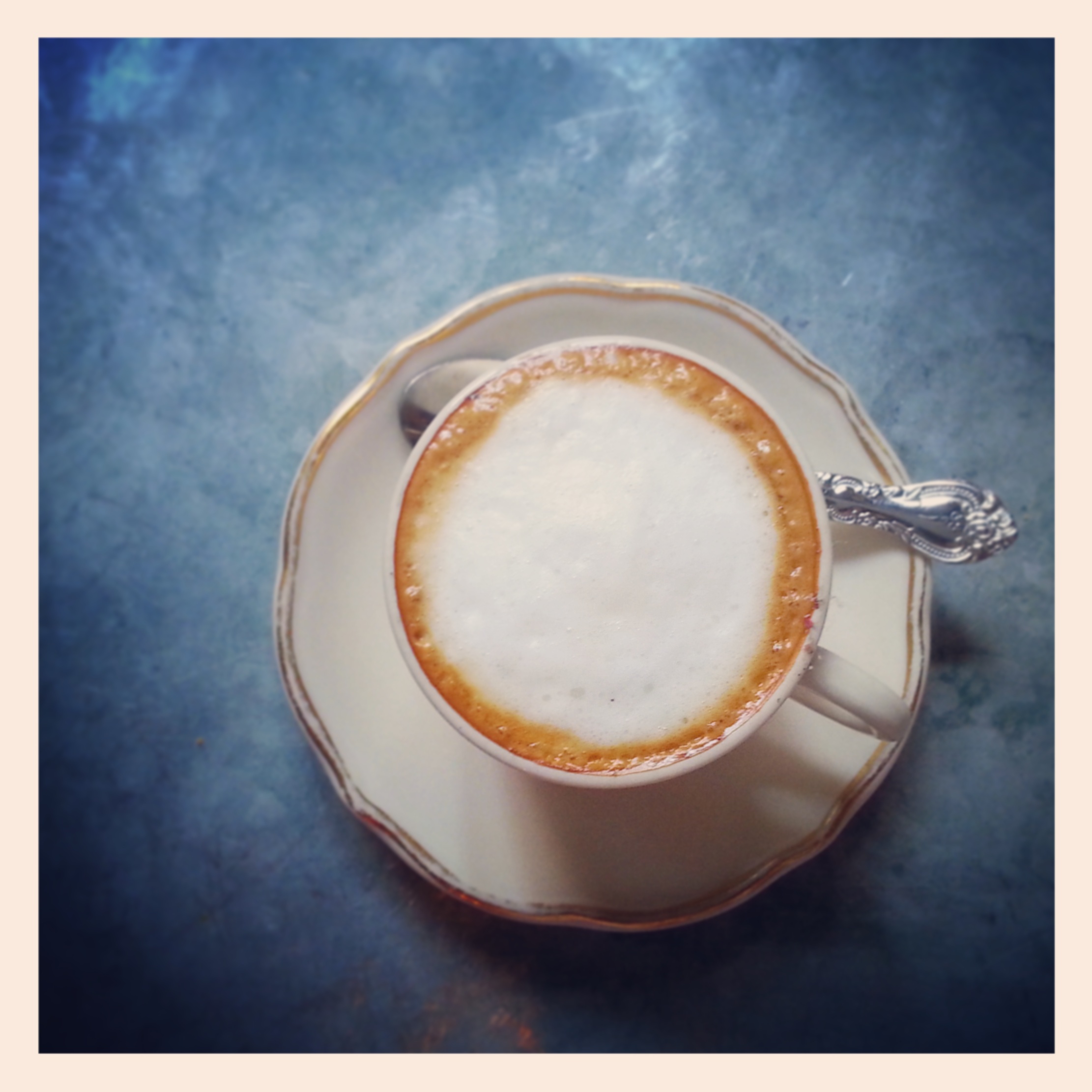
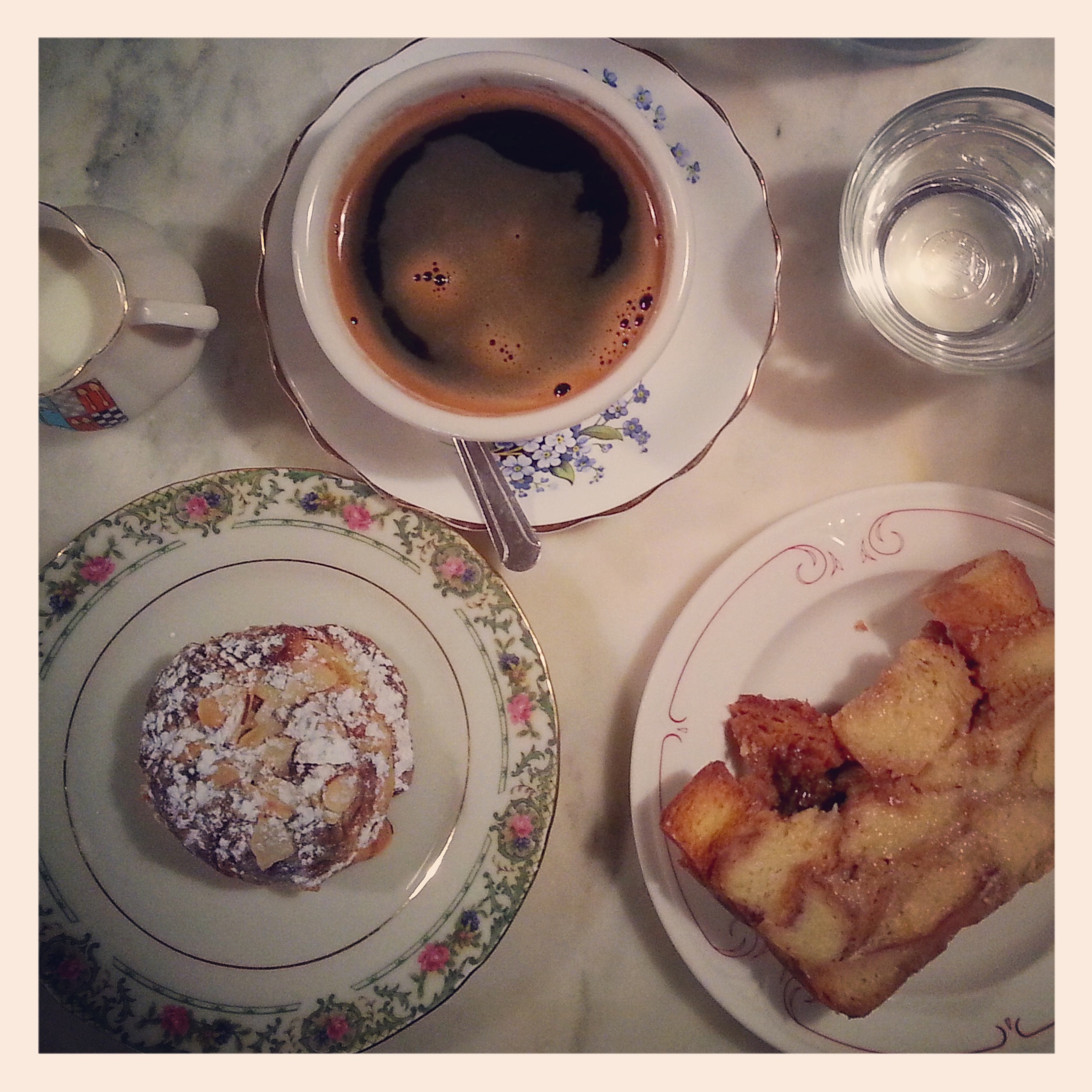
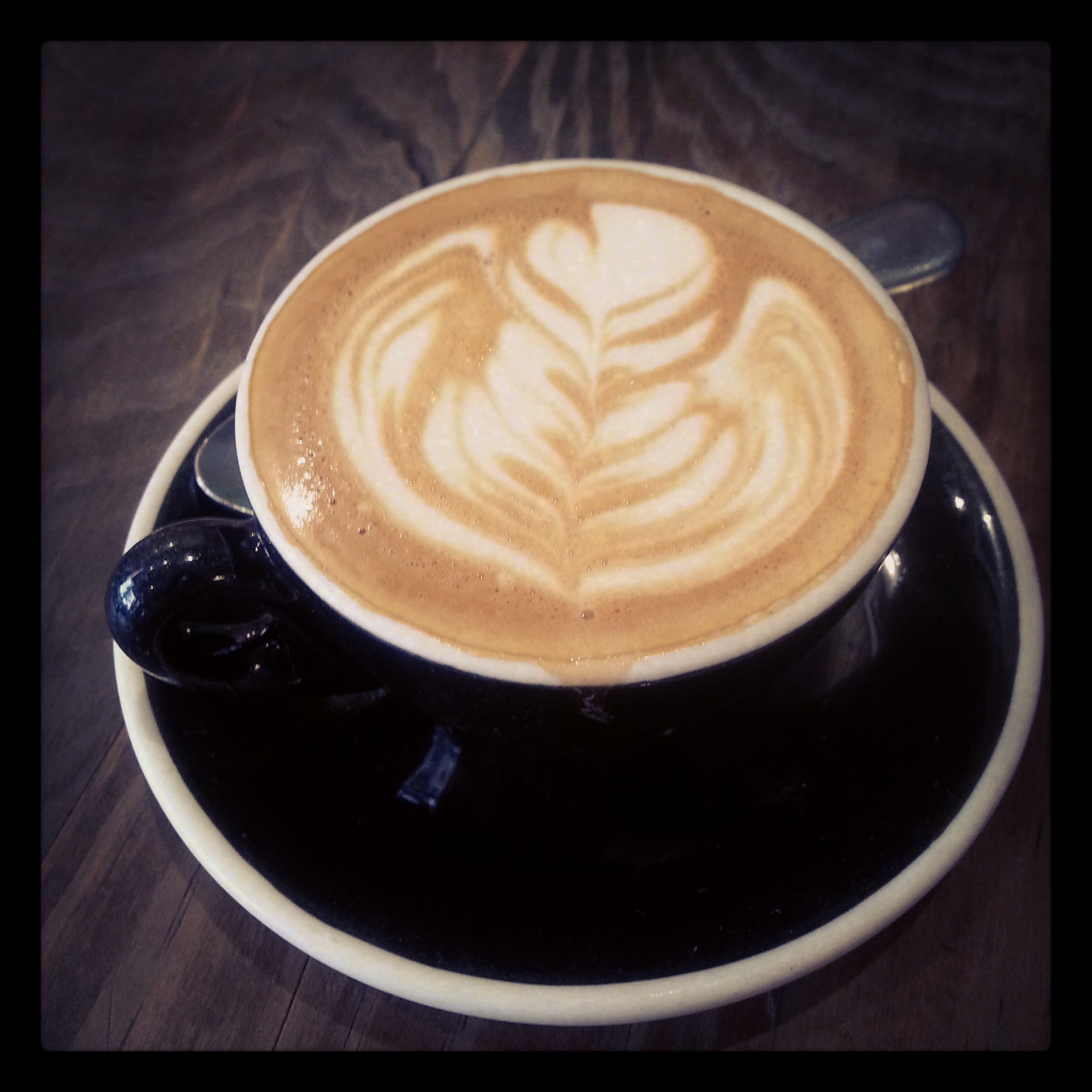
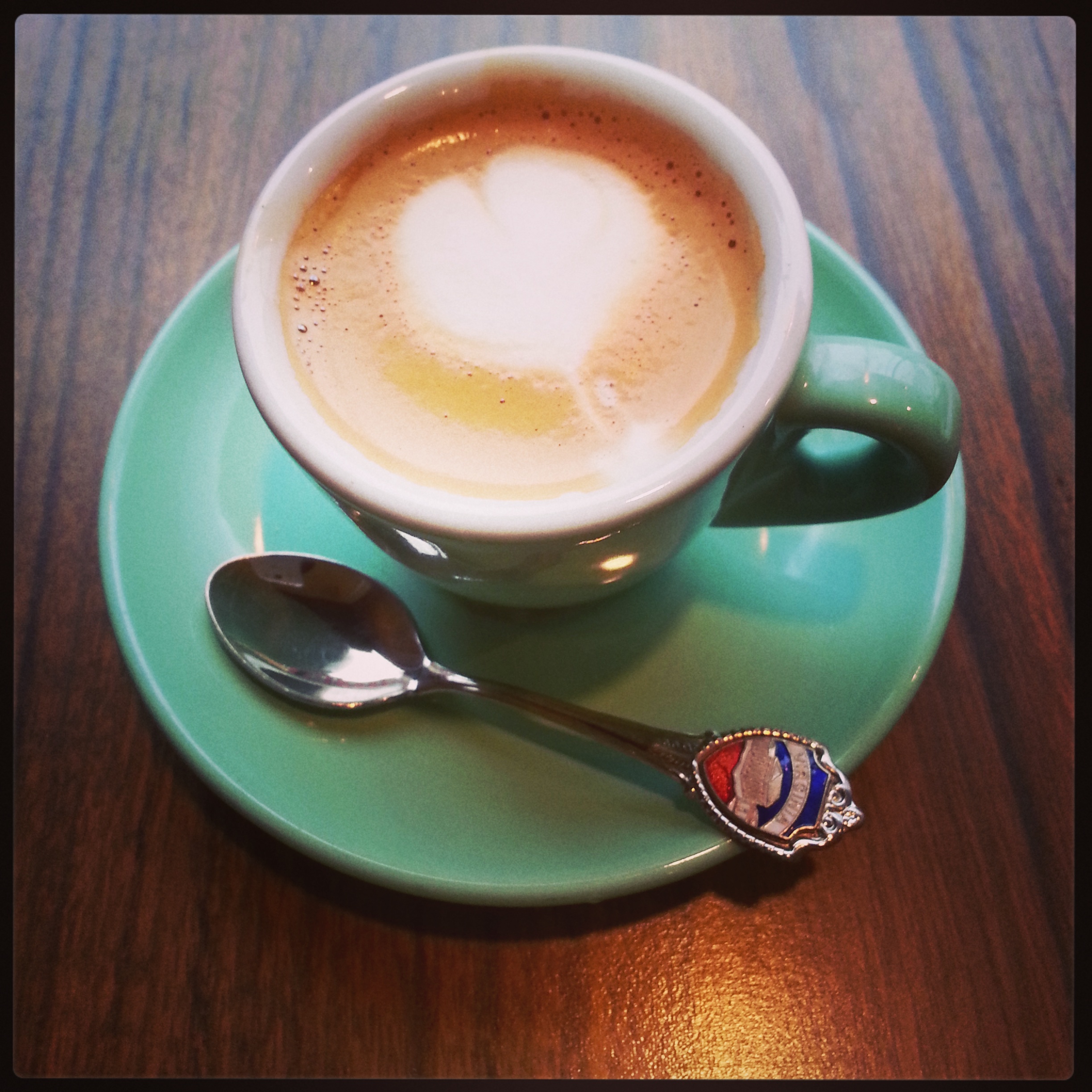
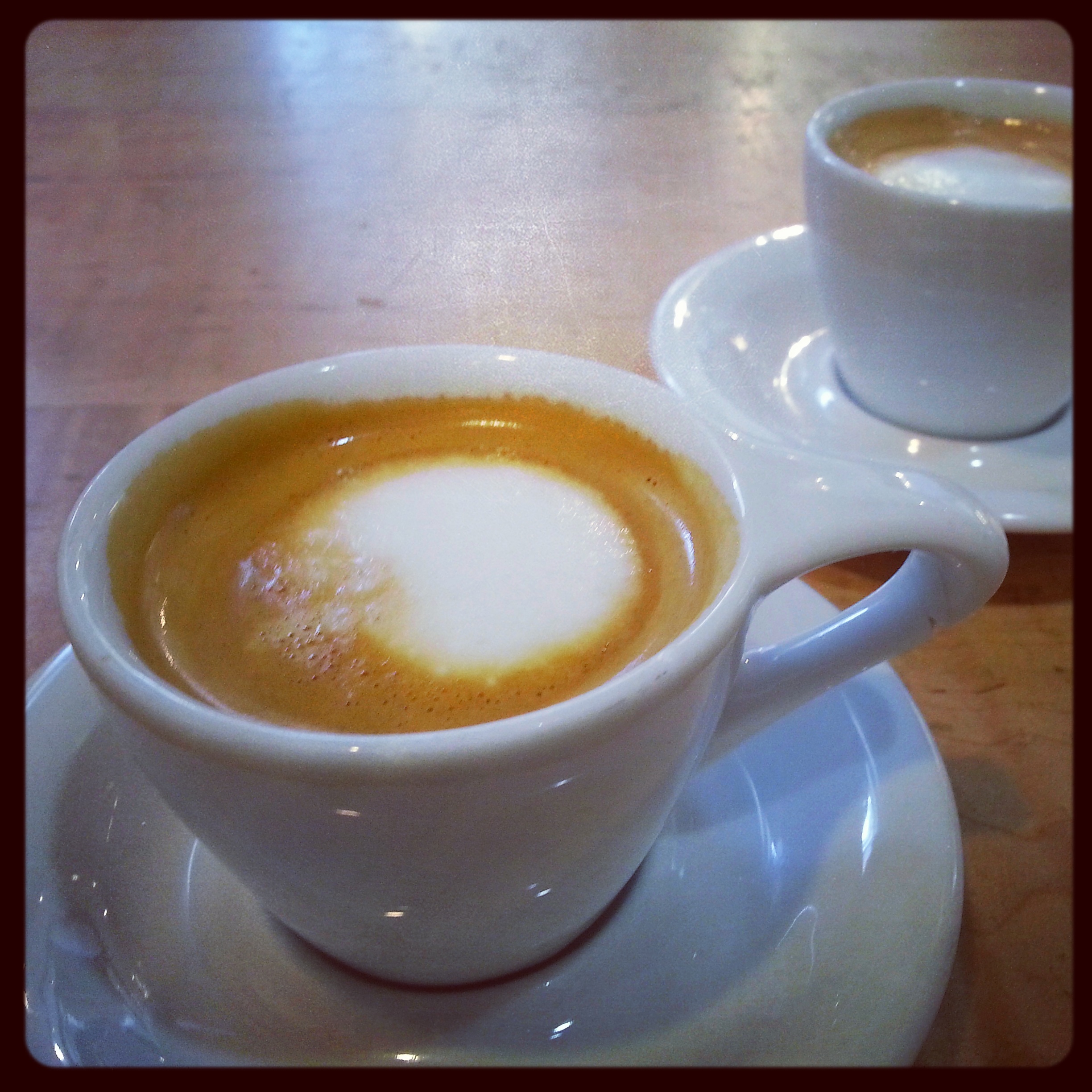
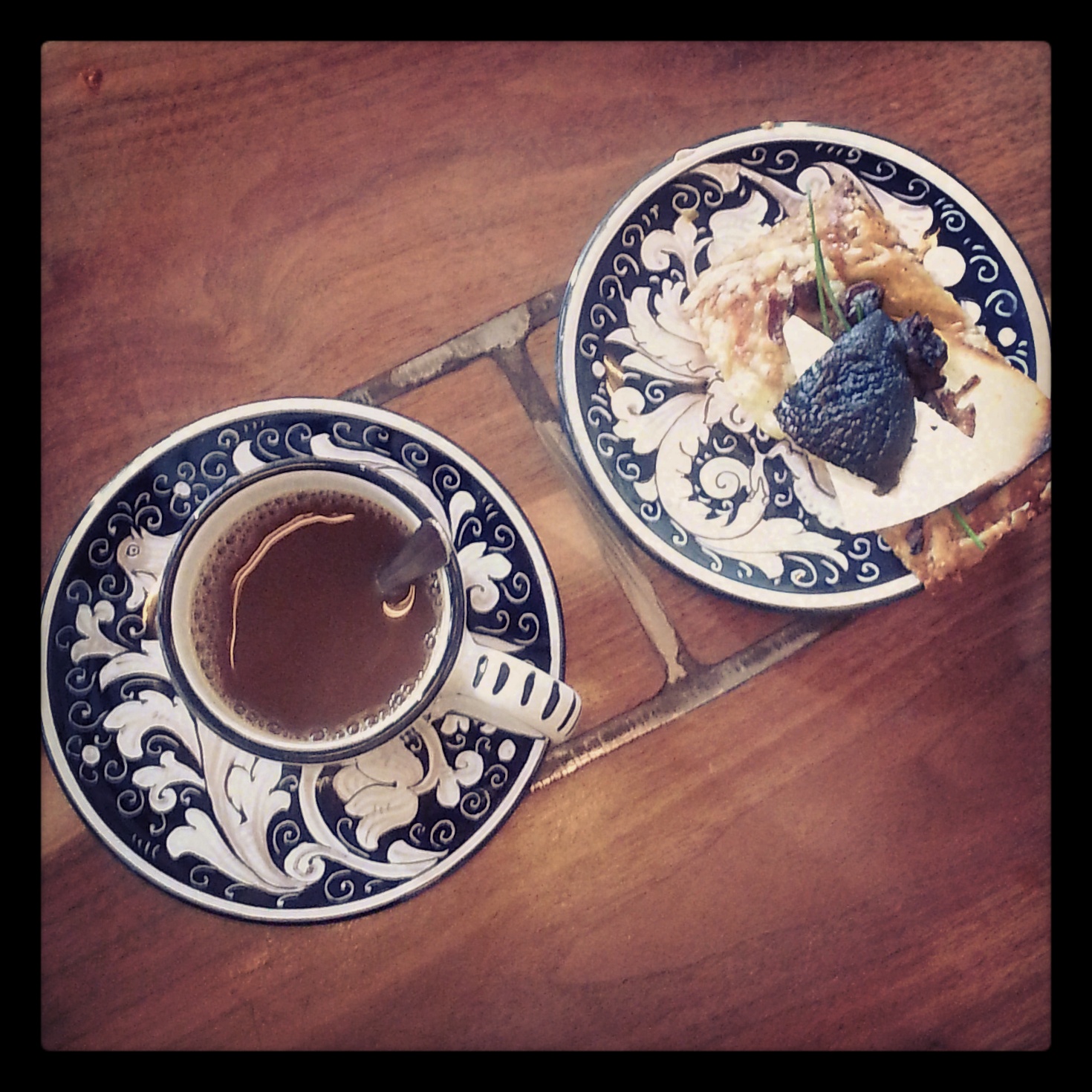
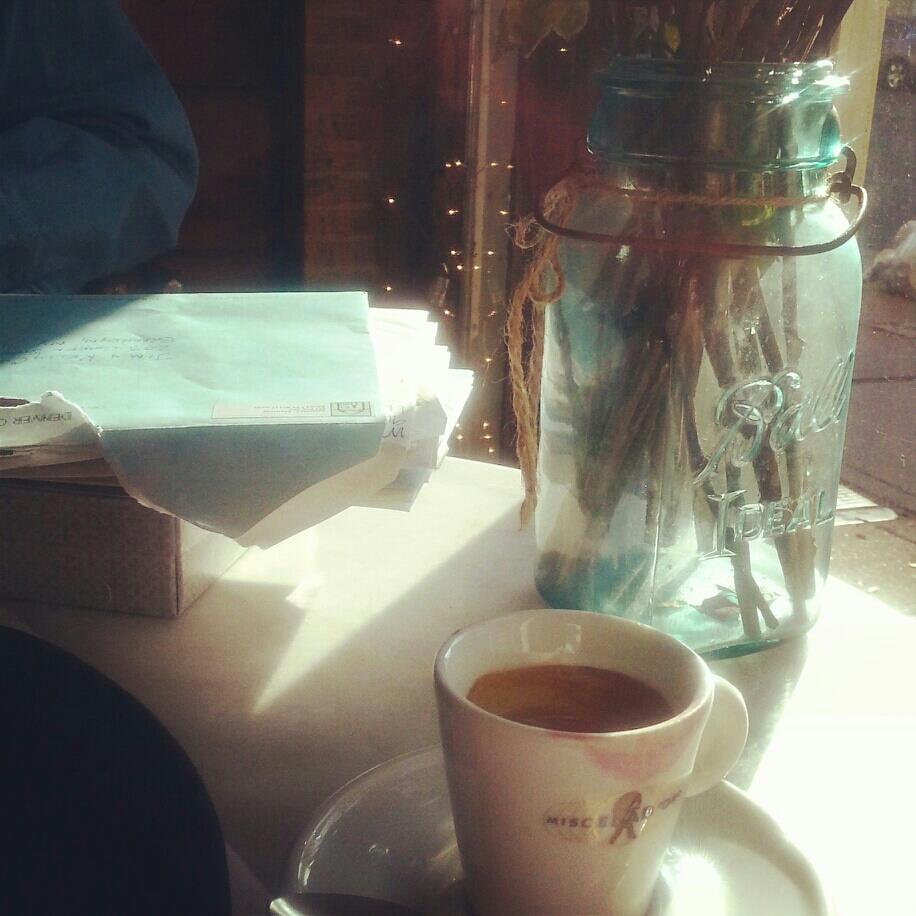
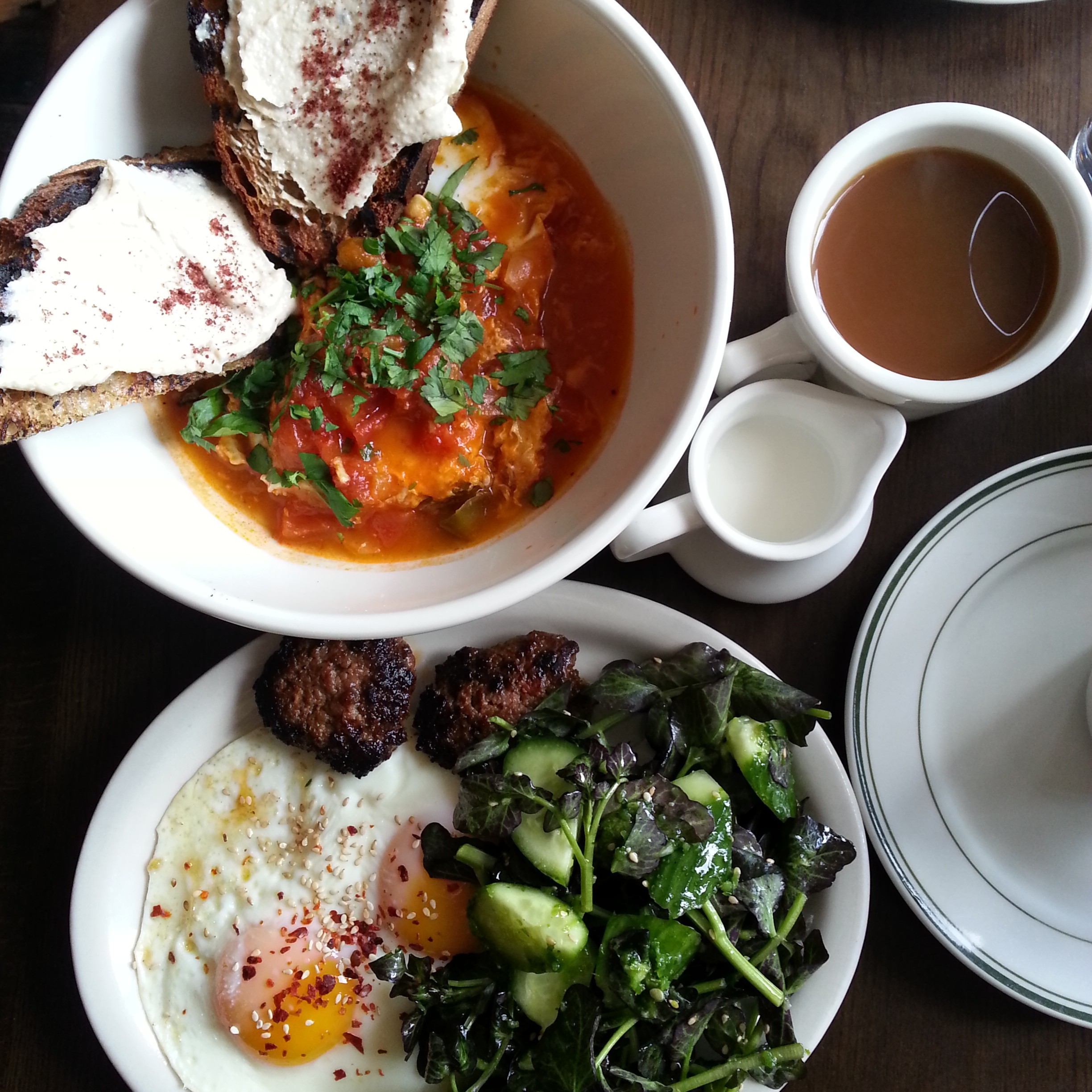
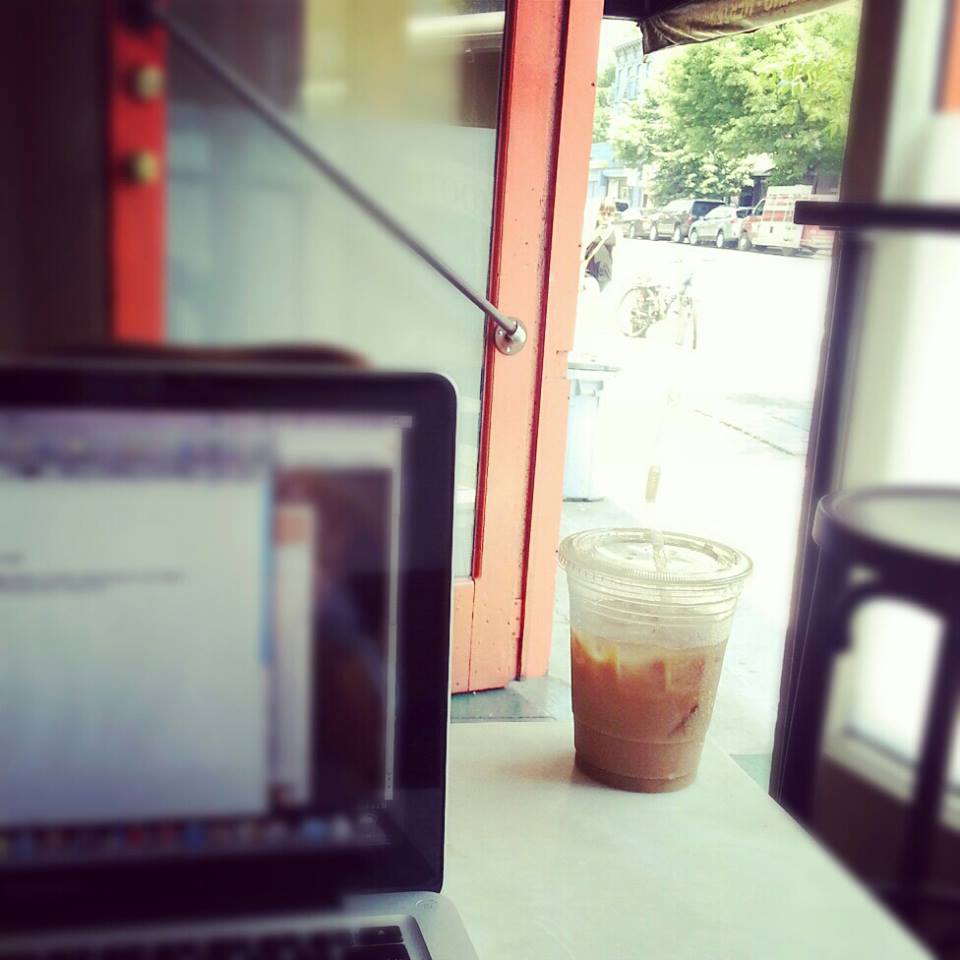
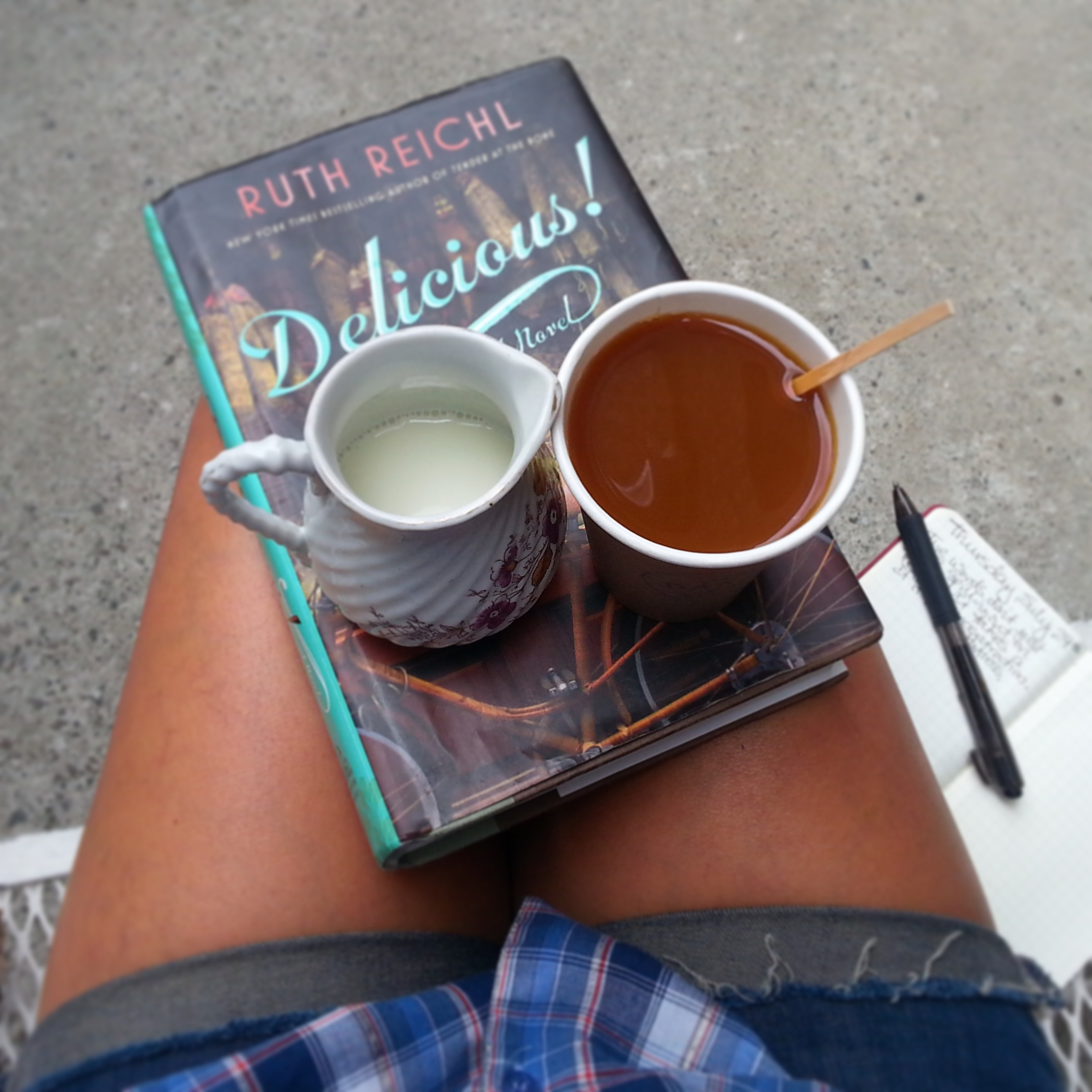
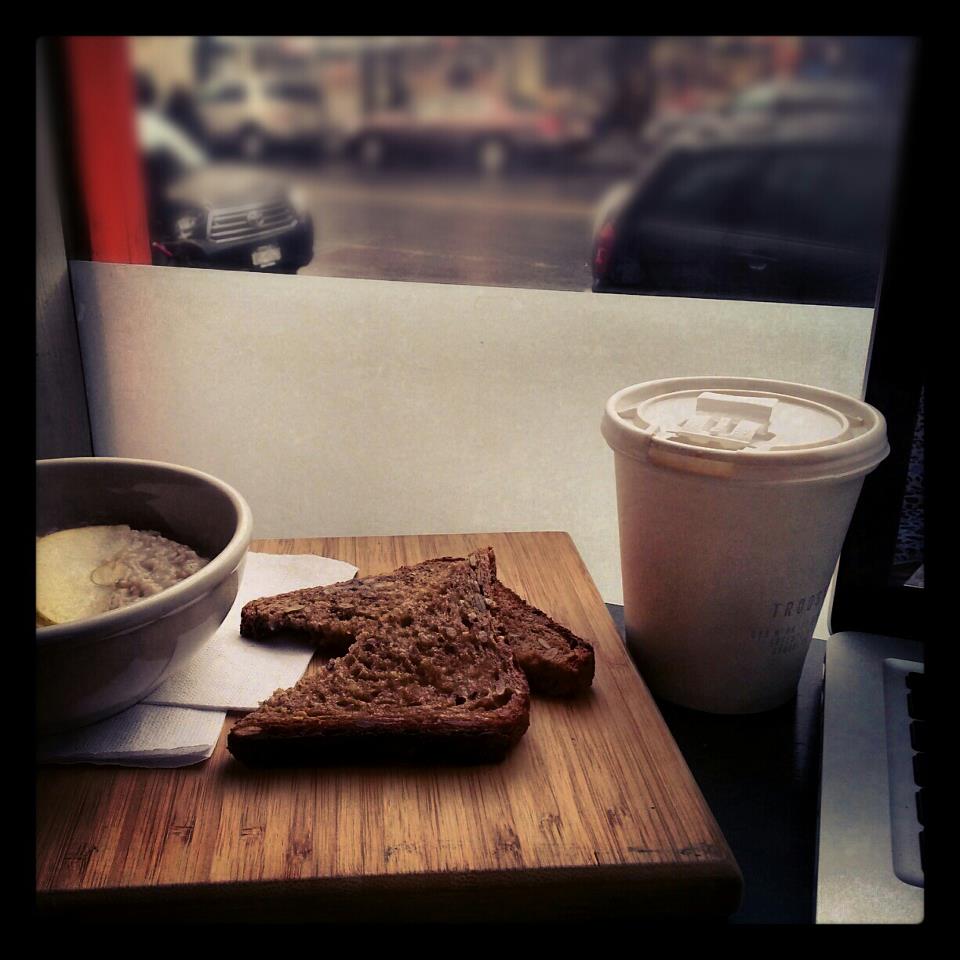
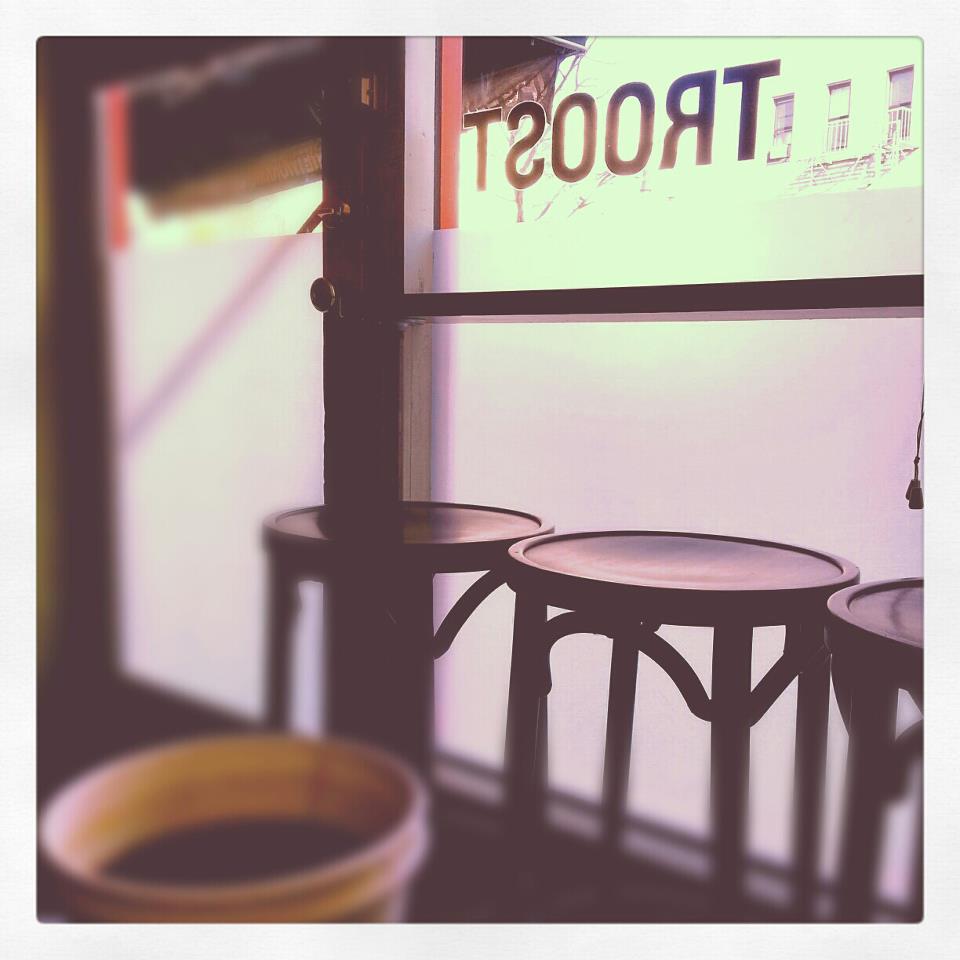
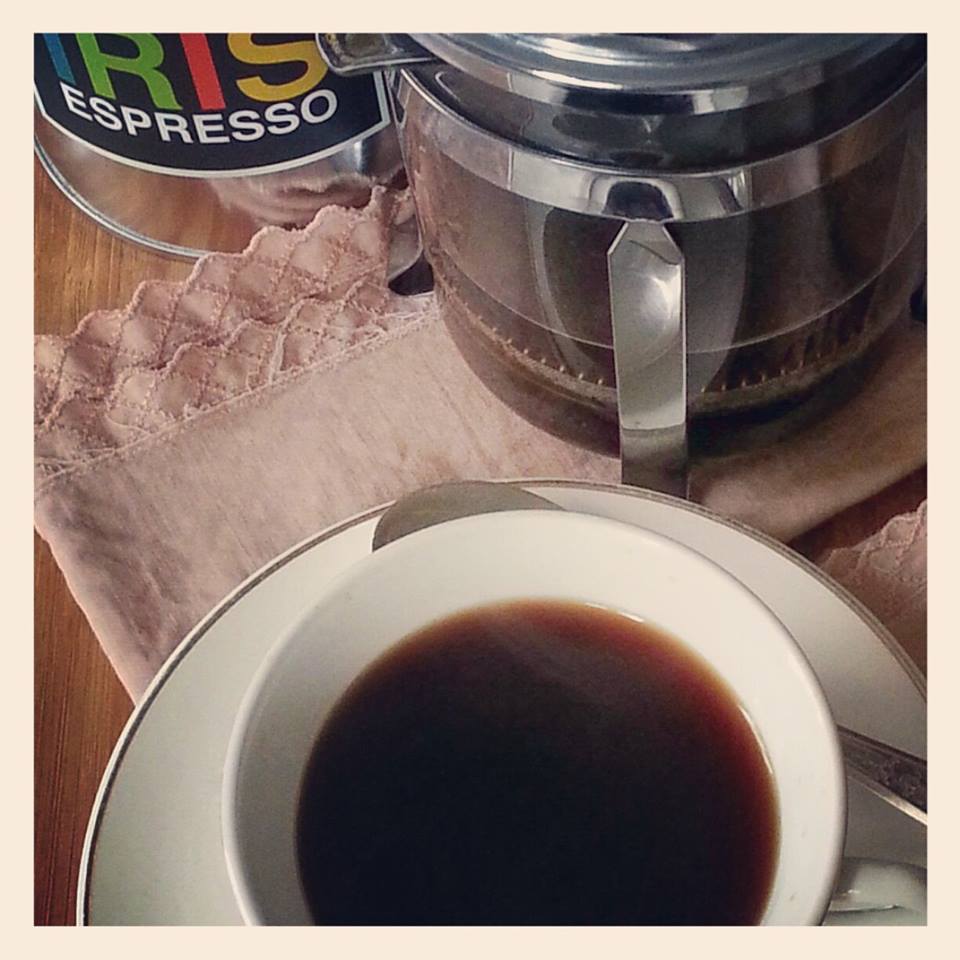
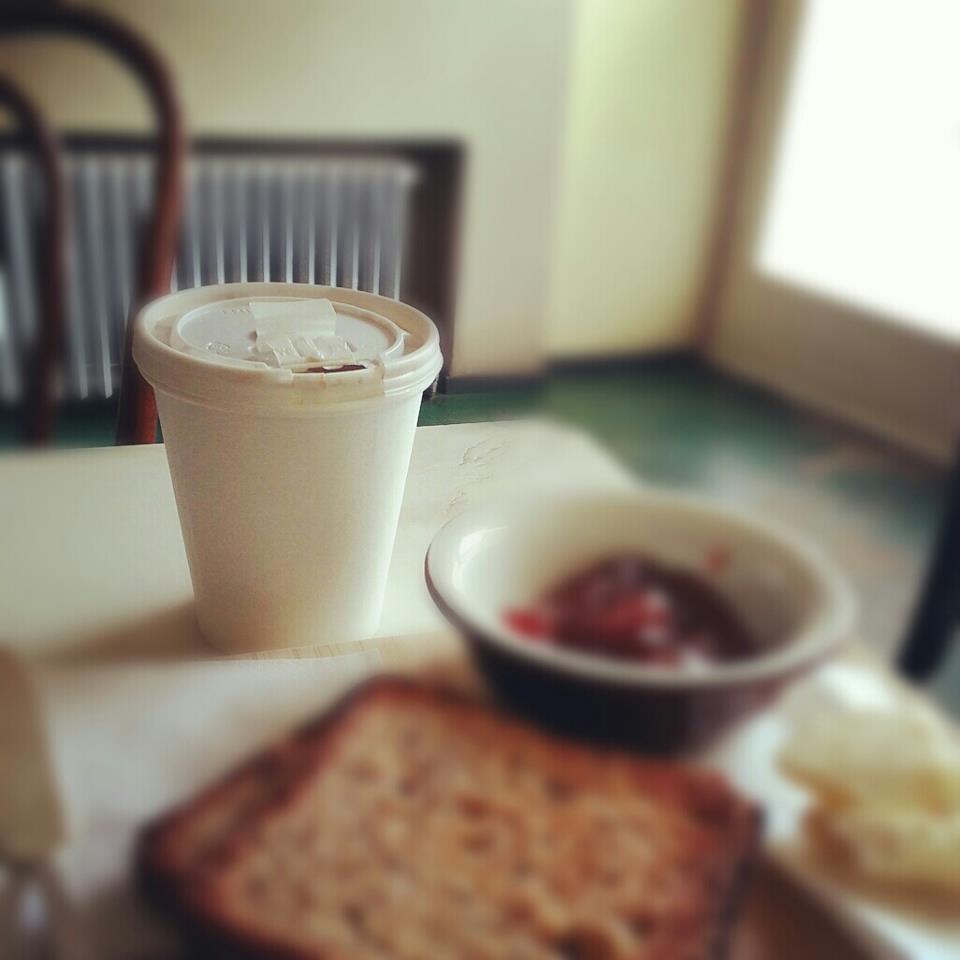
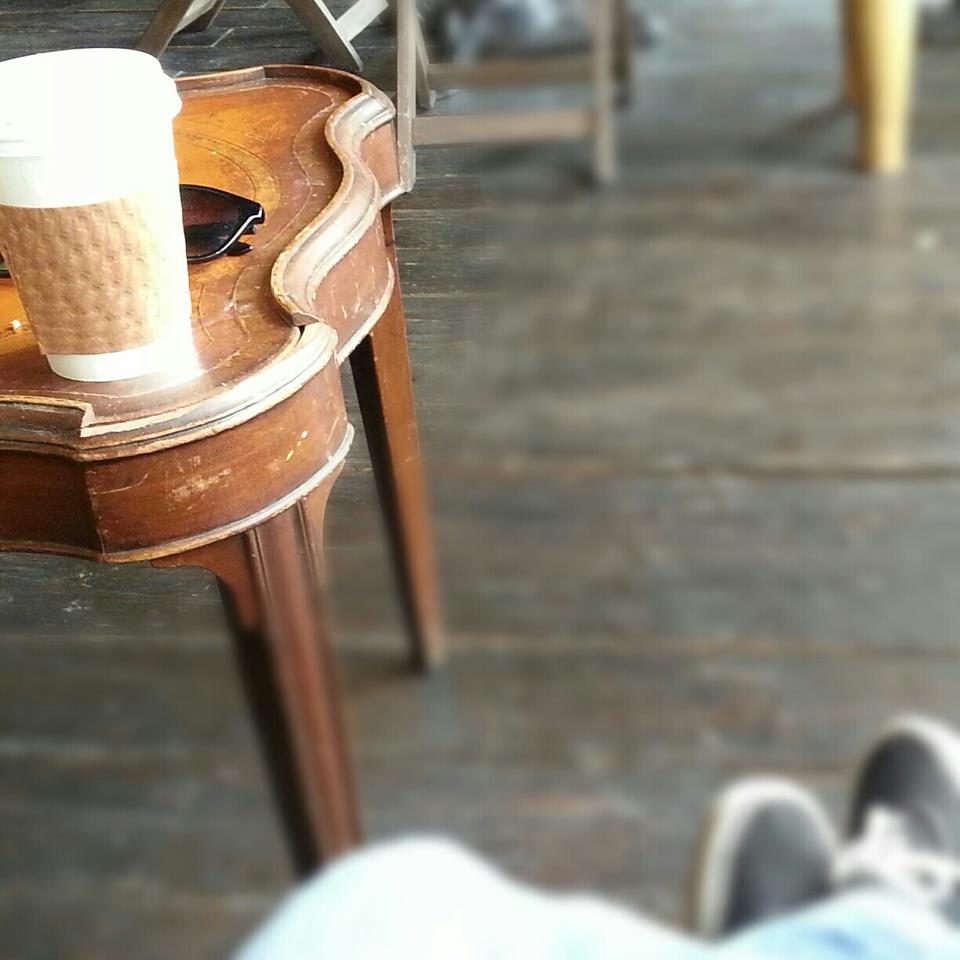
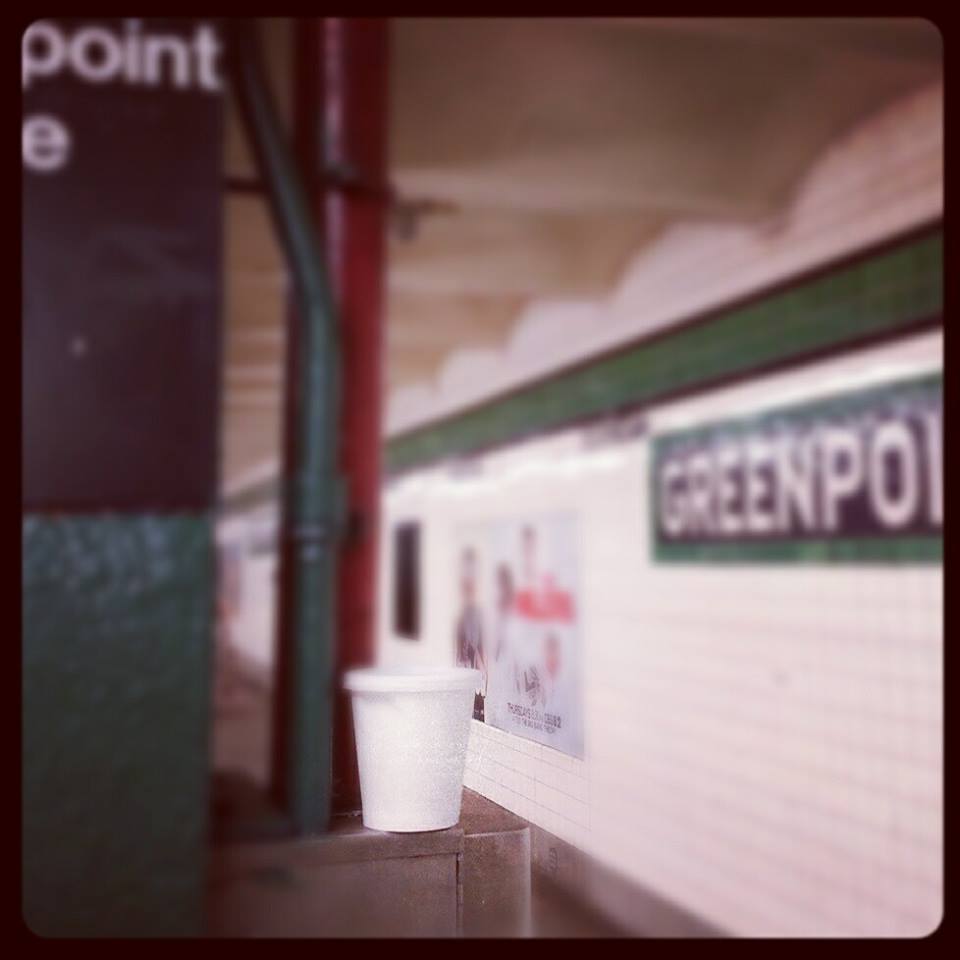
Leave a Reply